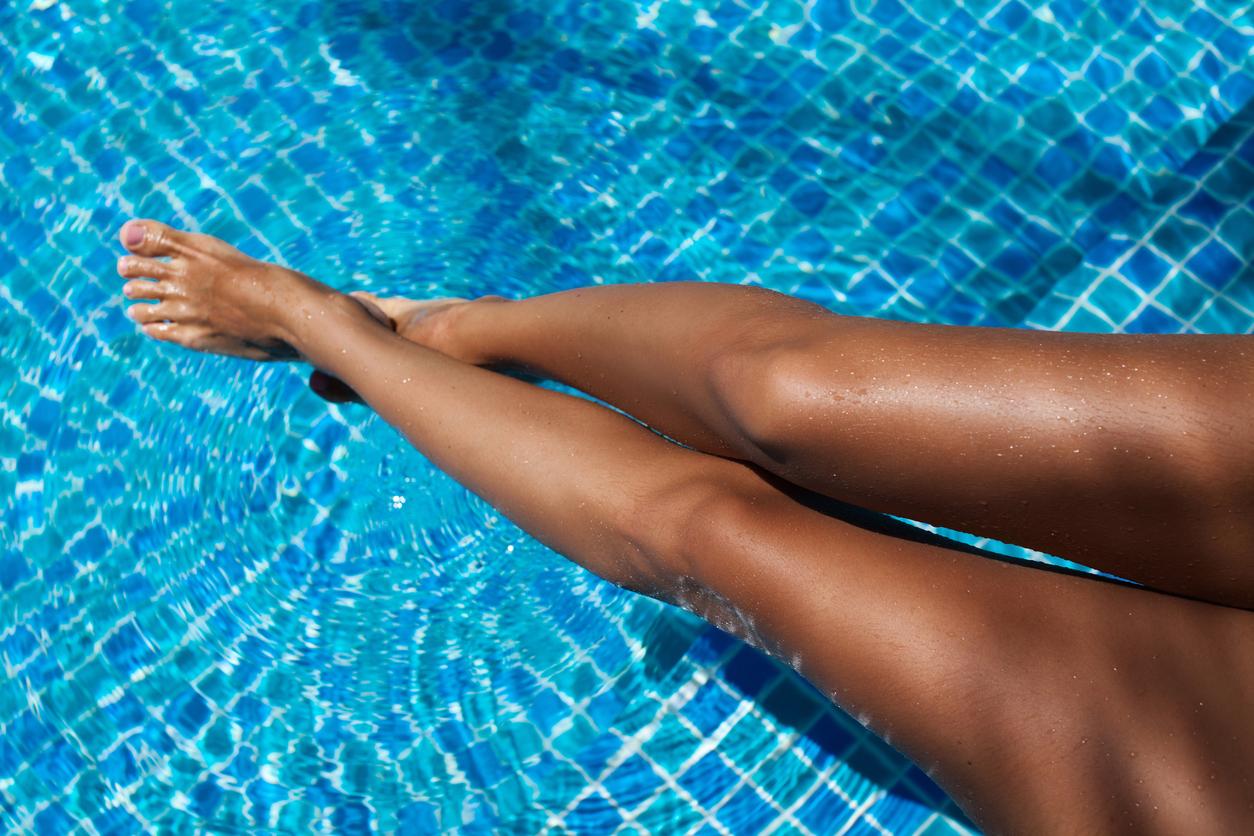New suntan drug makes your skin naturally darker and protects you from burning
It's set to be a huge breakthrough

Many people love having a tan, even though we know full-well that UV damage is extremely dangerous and harmful.
We slather on sun-cream to protect our skin, and then apply the fake stuff to achieve a safe glow.
But what if there was a way to get a real tan whilst staying safe in the sun? Thanks to new scientific research, your dreams may be about to become a reality.
Scientists from Massachusetts General Hospital have developed a drug that mimics the effect of sunlight on the skin, thus making you tan without any UV rays.
The drug works by tricking the skin into producing the brown form of the pigment melanin - it’s been tested on skin samples and mice so far.
It is hoped the drug will work on redheads too, who usually burn rather than tan in the sun.
What’s more, it could slow the appearance of skin ageing.
It’s news that will be welcomed by sun-worshippers, but the scientists did not conduct the research with cosmetics in mind.
They hope the new drug will provide a breakthrough in preventing skin cancer.
“Our real goal is a novel strategy for protecting skin from UV radiation and cancer,” Dr David Fisher, one of the researchers, told BBC News.
“Dark pigment is associated with a lower risk of all forms of skin cancer - that would be really huge.”
13 ways to help prevent cancer
Show all 13Dark melanin is the body’s natural sunblock, but it’s only made after a chain of chemical reactions first occur as a result of sun exposure. The new drug, however, would essentially make the body skip the damage and start producing melanin straight away.
It works by being rubbed into the skin.
“It has a potent darkening effect,” Dr Fisher said. “Under the microscope it’s the real melanin, it really is activating the production of pigment in a UV-independent fashion.”
Whilst fake tans essentially just paint the skin and so offer no protection, the drug would be different.
Tests show that the melanin produced from the drug successfully blocks harmful UV rays.
Dr Fisher says everyone should “absolutely” use sun-cream, and they eventually want to combine it with the drug to provide the best protection from solar radiation.
Although there have been no problems with the drug yet, scientists want to do more tests before making it available.
“A lot more research has to be done before we see this sort of technology being used on humans, however, it’s certainly an interesting proposition,” Matthew Gass, from the British Association of Dermatologists, said.
“Skin cancer rates in the UK are going through the roof... any research into ways that we can prevent people from developing skin cancer in the first place is to be welcomed.”
Subscribe to Independent Premium to bookmark this article
Want to bookmark your favourite articles and stories to read or reference later? Start your Independent Premium subscription today.

Join our commenting forum
Join thought-provoking conversations, follow other Independent readers and see their replies